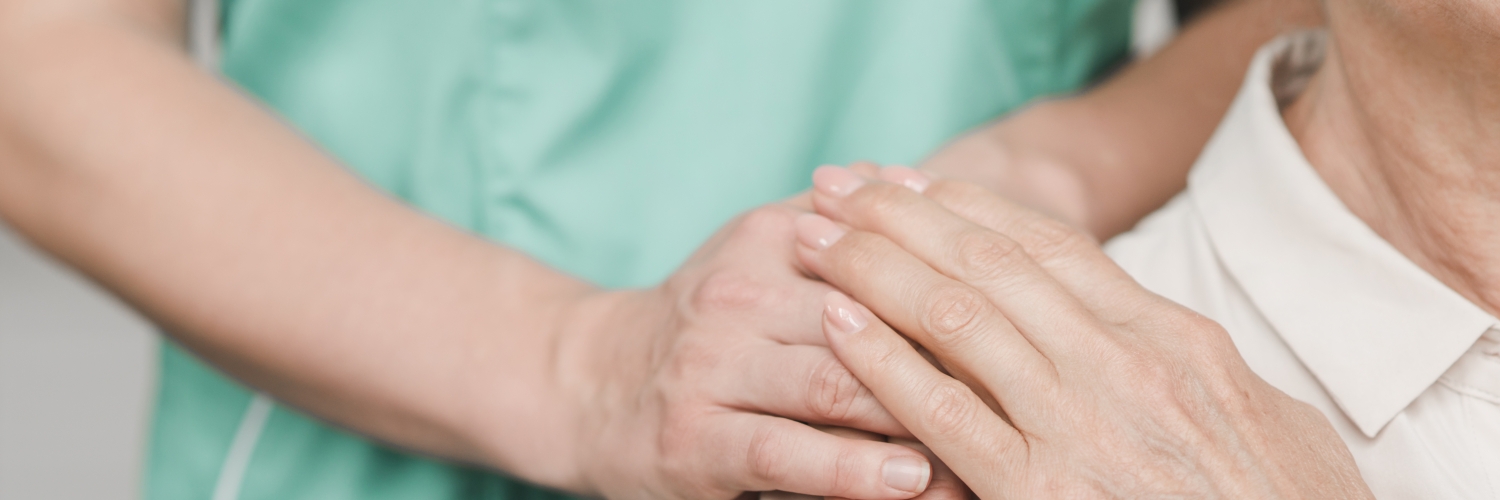OUR STORY
Our story started with a simple observation: traditionally, professional societies and patients' organizations develop as separate entities. Professional societies typically carry out an essential role in such activities as research and continuous education. Patients' organizations play an important role in advocacy and community support. At the FND Program Society, we wanted to create a unique organization. We wanted to bring together patients and professionals to jointly and ambitiously contribute to FND care. We believe that separation between patients and professionals has affected prior understandings of FND. We hope that mutuality will shape its future.
In April 2018, Mohamed Gheis, Bridget Mildon and Krissi Spinoza planned the inauguration of FND Hope Canada, a partner organization, as the first community non-profit in Canada for patients with Functional Neurological Disorder. The organization was formed as the Canadian branch of the charity FND Hope International. The organization was incorporated in Canada in June 2018 and appointed Lindsay Millala as its first Executive Director to continue developing community networks for patients with FND. In September 2018, a one-day event was organized by FND Hope for Canadian patients and health professionals in Victoria, British Columbia. Concurrent with that event, some of the founding members of FND Hope Canada along with a group of health professionals, launched the Huron Street Clinic in Victoria. This clinic was developed to provide evidence-informed treatment services for patients with FND. The goal was to ultimately expand to form another charitable organization that supports clinical services and educate clinical providers, while FND Hope continues to expand its role as a patients-led charity supporting community services.
In December 2019, our project was incorporated as the 'Functional Neurological Disorder (FND) Program Society', the first Canadian independent non-profit organization in field of FND care. We hope to augment the valuable work of FND Hope and other patient-led organizations. We also hope to boost the limited services provided by health authorities for patients with FND.
We are very grateful to patients with FND for their input into the development of this Society. We also thank those members of the Neurology Department, University of British Columbia who supported us since the inception of our services. Our special thanks go to colleague FND clinicians at St. Georges Hospital and the National Hospital for Neurology and Neurosurgery in the United Kingdom for their guidance in starting our services


